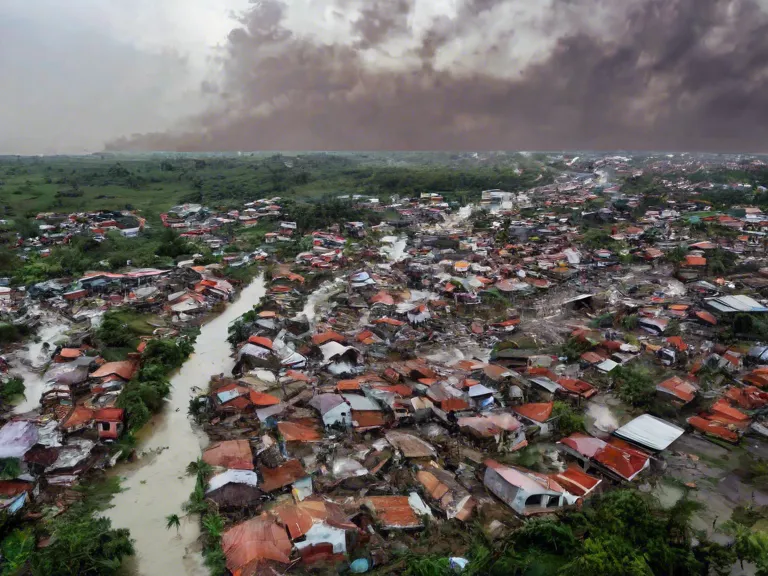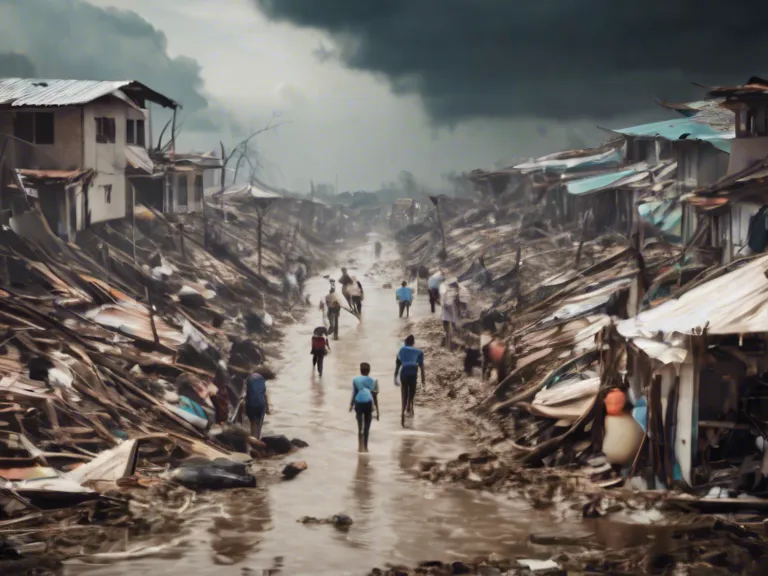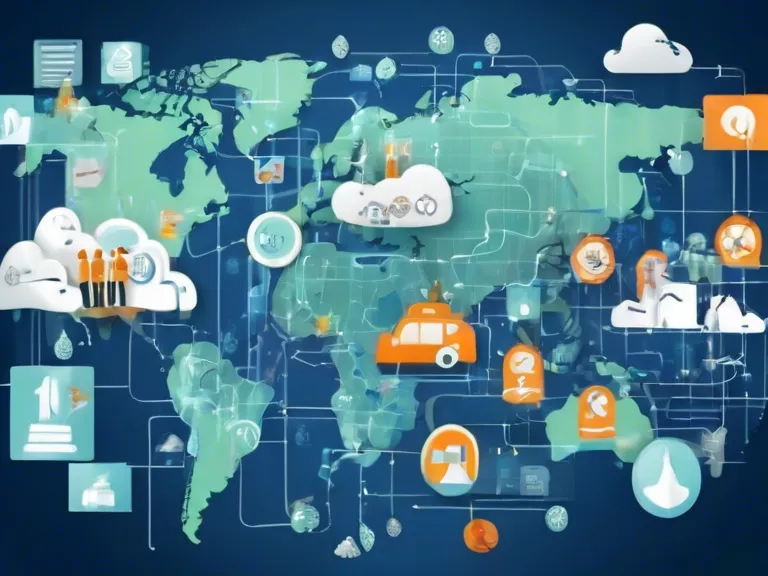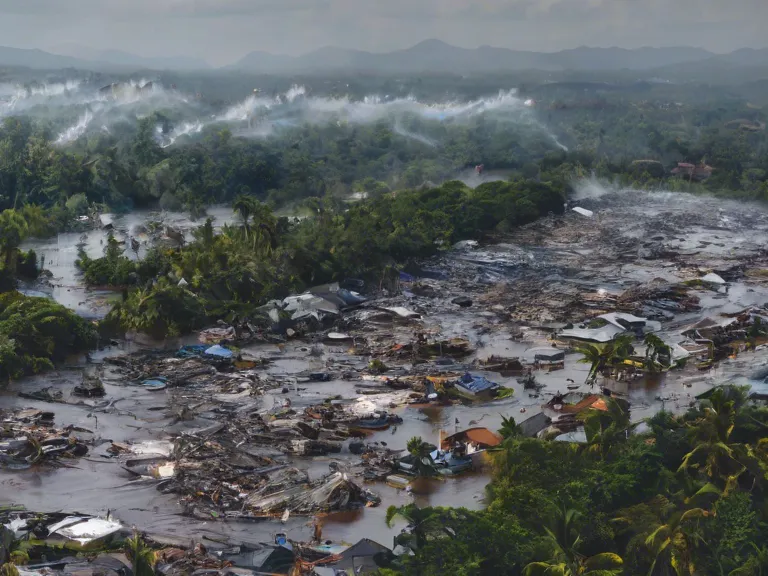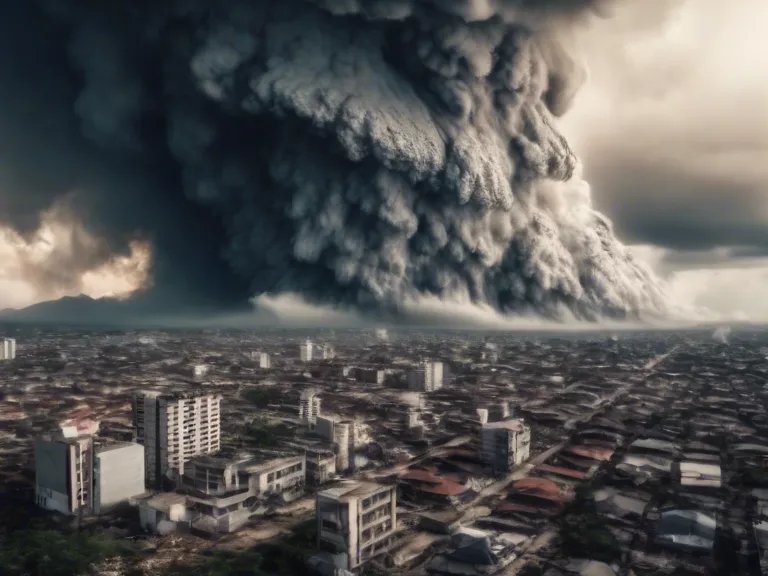
In recent years, the use of big data in predicting natural disasters has become increasingly prevalent. While natural disasters like earthquakes, hurricanes, and tsunamis have always been a part of our world, the ability to predict when and where they will occur has long been a challenge. However, with advancements in technology and the rise of big data analytics, scientists and researchers are now able to better understand and anticipate these catastrophic events.
One of the key benefits of big data in predicting natural disasters is the ability to collect and analyze vast amounts of data in real-time. By monitoring factors such as weather patterns, seismic activity, and ocean currents, researchers can use sophisticated algorithms to identify potential warning signs of an impending disaster. This information can then be used to issue early warnings to at-risk populations, potentially saving countless lives.
Another advantage of big data in predicting natural disasters is the ability to model and simulate different scenarios. By inputting historical data and current conditions into predictive models, researchers can forecast the likelihood and impact of a disaster with greater accuracy. This information can be invaluable in helping governments and organizations prepare for and respond to emergencies more effectively.
Despite these advancements, predicting natural disasters remains a complex and challenging task. The Earth's natural systems are incredibly dynamic and interconnected, making it difficult to anticipate every possible outcome. However, by leveraging big data and cutting-edge technology, researchers are making great strides in improving our ability to predict and mitigate the impacts of natural disasters.
In conclusion, big data is revolutionizing the field of natural disaster prediction. By harnessing the power of data analytics, researchers are able to better understand the underlying causes of these catastrophic events and develop more effective strategies for mitigating their impacts. While predicting natural disasters will never be an exact science, big data is providing us with the tools we need to better prepare for the unpredictable.
